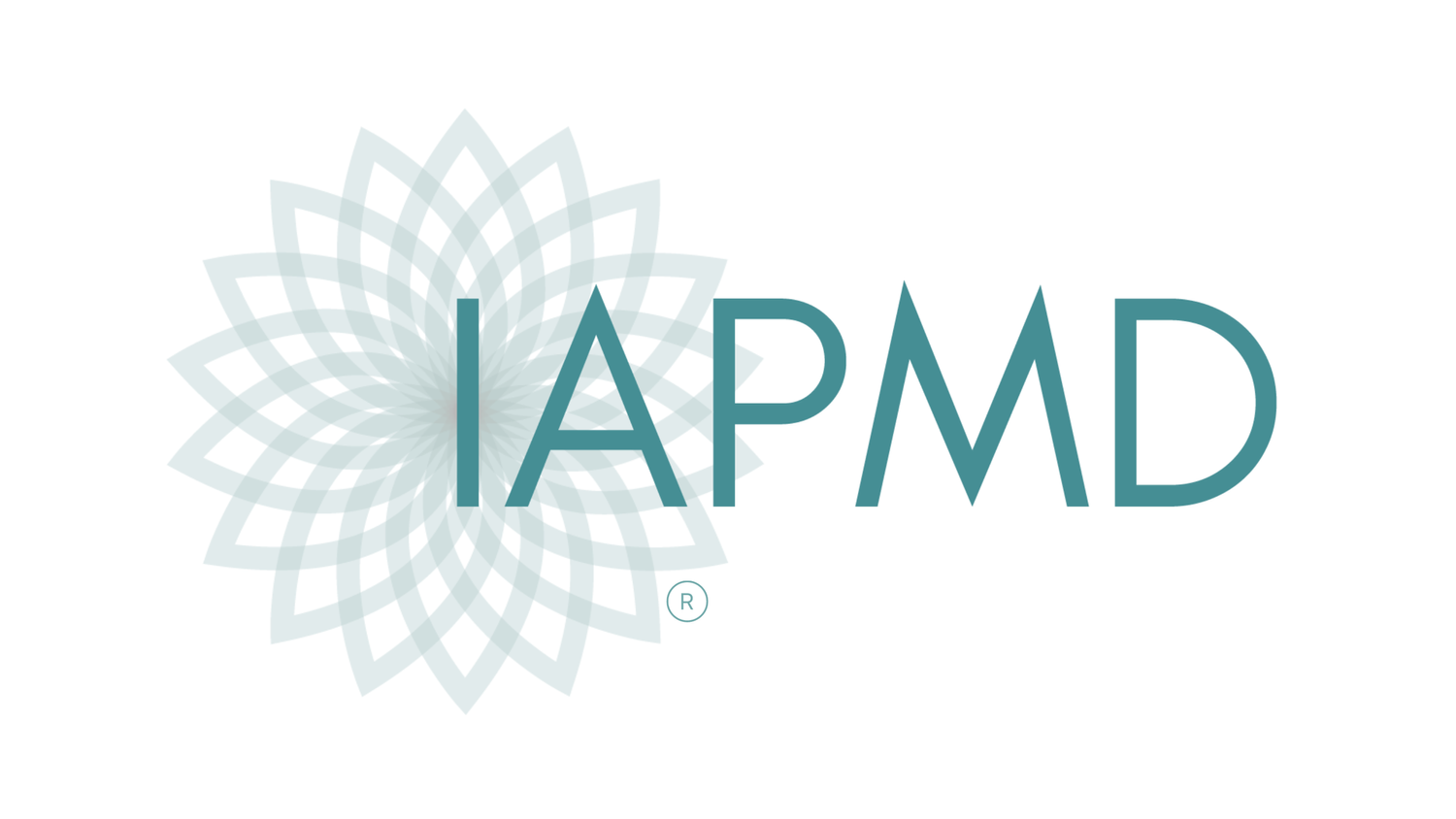Have you ever wondered if there is more than one 'type' of PMDD? Us too!
There is more and more evidence highlighting the possibility of distinct subtypes of PMDD (and PME!) with unique pathophysiologies (biological causes/pathways) but until recently, there had been no studies using groups of patients to try to distinguish these subtypes.
Join Dr. Tory Eisenlohr-Moul and Hafsah Tauseef, BS, from the CLEAR lab at UIC (Chicago), as they explain their recent research: "Are there temporal subtypes of premenstrual dysphoric disorder?: using group-based trajectory modeling to identify individual differences in symptom change".*
In this work, patients’ symptoms were monitored daily to identify unique subgroups of core emotional and total PMDD symptoms across the perimenstrual frame (days -14 to +9, where day 0 is menstrual onset). Patients were 74 individuals who were diagnosed with PMDD (DSM-5 criteria).
What we will cover:
What is PMDD? What is PME?
Why is it important to investigate if there are subtypes of a condition/disorder?
A simple overview of methods and outcomes of the "Are there temporal subtypes of premenstrual dysphoric disorder?: using group-based trajectory modeling to identify individual differences in symptom change" paper.
What needs to be done in the future to further understand potential PMDD and PME subtypes-- and what might this mean for patients?
This webinar will be suitable for patients and anyone who has an interest in PMDD/PMD/Cycle Science research.
Tickets are by donation* - please give what you can to help support IAPMD's important work. *$1 US minimum donation.
WE ARE INTERNATIONAL - This event takes place on:
Friday April 29 - 1 pm EST - check what time this is in your timezone here >>
A Q&A session will be available at the end of the webinar for you to put your questions forward. Please note that unfortunately, we are unable to answer any questions regarding attendees' individual health circumstances. This is because legal and ethical guidelines prevent our presenters/clinicians from giving medical advice to specific patients in the context of these presentations. Feel free to ask general or hypothetical questions that are not asking for medical advice related to a specific patient.
* Sound confusing? Don't worry - we are here to help explain it. We know academic papers can be confusing - so in this webinar, the information will be broken down into patient-friendly terms so it's easier to digest!
IAPMD is an international non-profit. Our mission is to inspire hope and end suffering for those affected by premenstrual disorders through peer support, education, research, and advocacy. Founded in 2013, what began as a collective of fellow suffers has grown into a comprehensive lifeline of support, information, and resources for anyone impacted by the core premenstrual disorders: Premenstrual Dysphoric Disorder and Premenstrual Exacerbation of underlying disorders. Since our founding, we’ve helped over half a million people from approximately 100 countries find answers, community, and hope. We are creating a world where people with PMDs can not only survive, but thrive.

